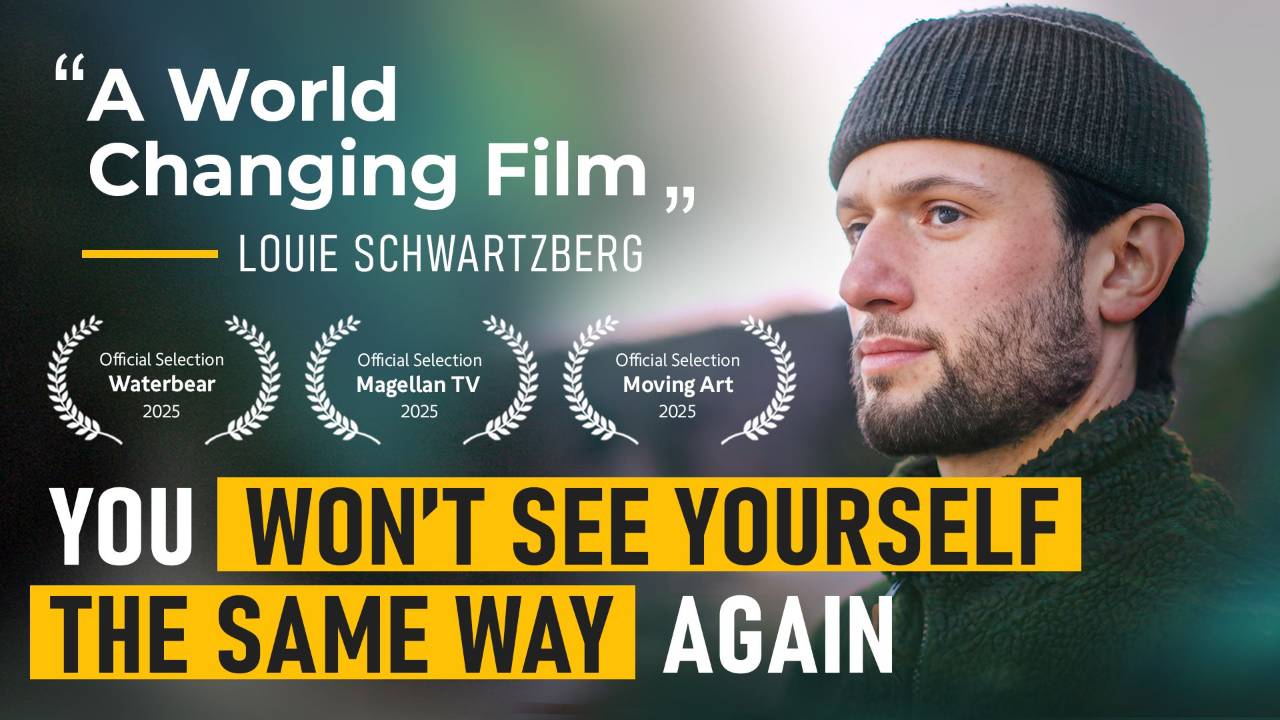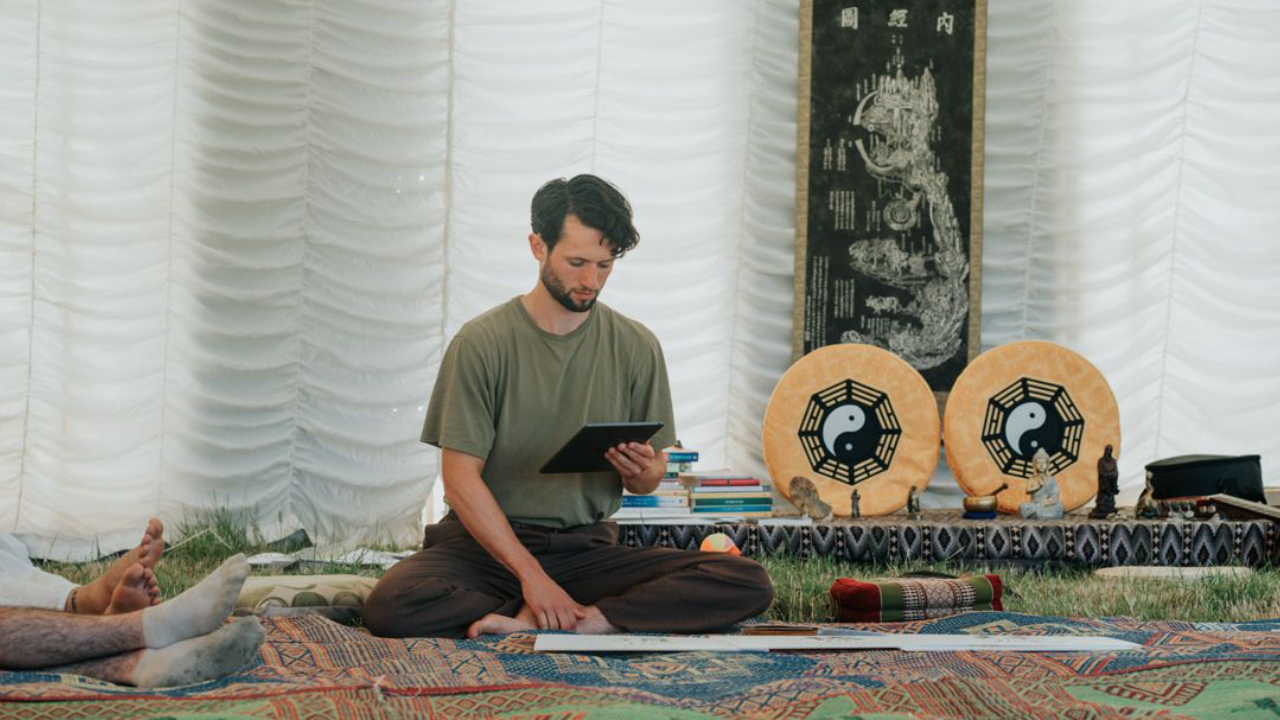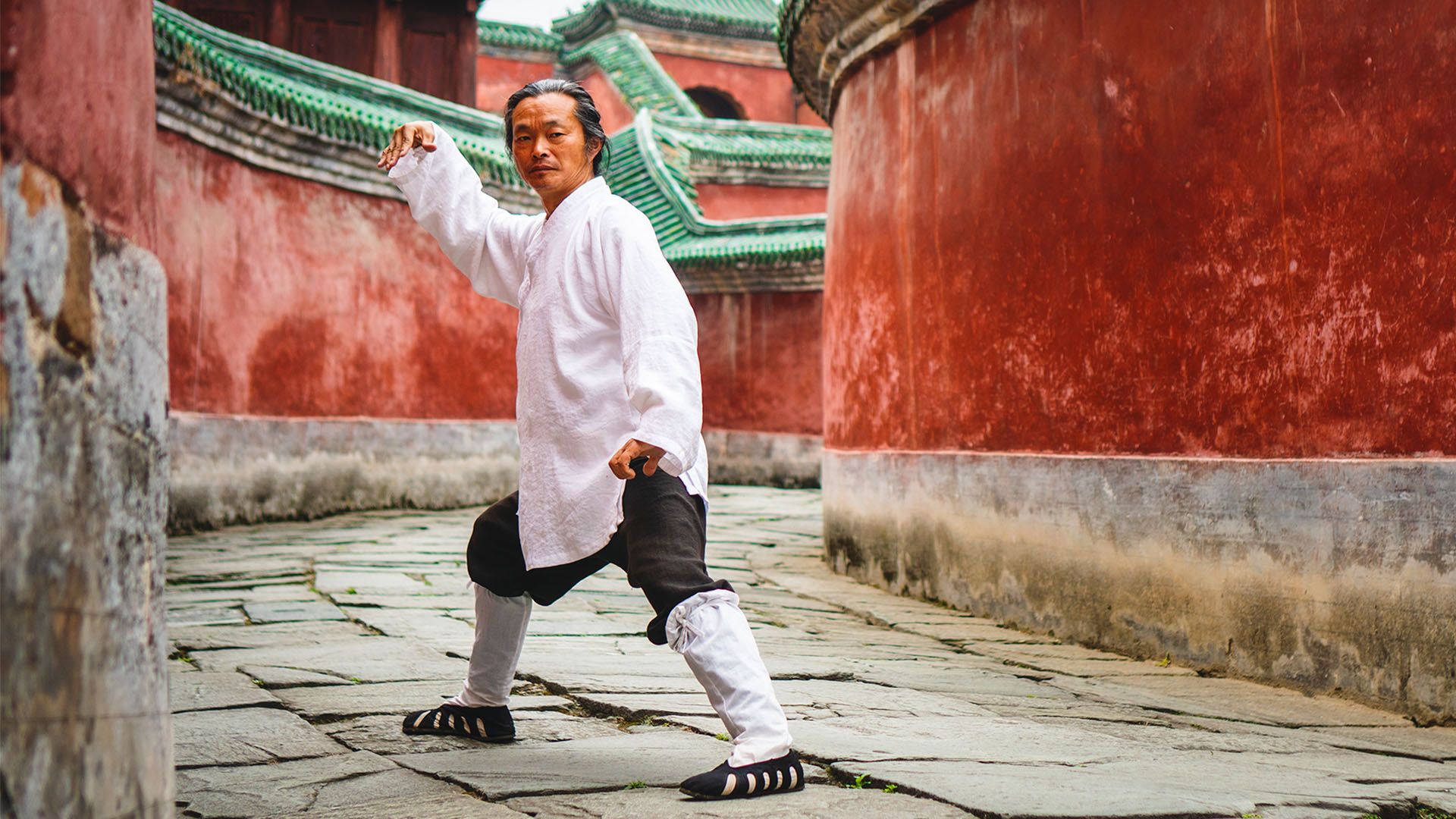Taoism Afterlife Concepts: Reincarnation and Immortality
Jun 06, 2024
The fear of the unknown after death troubles many. Taoism afterlife concepts, rooted in ancient Chinese culture, offer unique perspectives. Reincarnation and immortality are central to Taoist belief systems, providing comfort and guidance. These beliefs have significantly influenced Taoist rituals, practices, and daily life.
Through understanding reincarnation, one sees life and death as a continuous cycle. Immortality, on the other hand, emphasizes spiritual practices to transcend death. This article provides a complete guide to these profound concepts, offering insights into Taoism afterlife views.
Table of Contents
Taoism and the Concept of Afterlife
Taoism presents unique beliefs about the afterlife, differing significantly from other spiritual traditions like Buddhism and Confucianism. Taoists believe the afterlife is a continuation of the Tao, the fundamental nature of the universe. Life and death are viewed as parts of a harmonious cycle. The Tao Te Ching, a central Taoist text, emphasizes balance, yin and yang, and the eternal nature of the Tao.
Reincarnation in Taoism
Cycle of Life and Death:
Taoism believes in the continuous cycle of life and death, viewing existence as an eternal flow. Taoist philosophy suggests that death is not an end but a transition to another state of being. Many Taoists hold that the soul undergoes reincarnation, moving from one life to the next in an ongoing journey. This belief system aligns with the natural world's cycles, reflecting the Taoist view that life and death are interconnected. Taoists strive to live in harmony with the Tao, embracing each phase of existence as part of the cosmic order.
Impact on Daily Practices and Rituals:
Reincarnation deeply influences Taoist daily practices and rituals, encouraging actions that align with the Tao. Taoist rituals often involve offerings and prayers to ancestors, reflecting respect for those who have transitioned to the next life. The belief in reincarnation promotes moral living, as actions in this life impact one's future existence. Funeral services in Taoism include rites designed to aid the soul's journey, ensuring it finds harmony in the afterlife. These practices emphasize the importance of living a life that is perfectly aligned with the natural world and cosmic forces.
Immortality in Taoism
Pursuit of Immortality through Spiritual Practices:
Taoists believe that achieving immortality involves cultivating spiritual energy. Practices like qigong, tai chi, and meditation are essential in this pursuit. These practices help balance yin and yang within the body, enhancing longevity and spiritual awareness. Taoist texts, such as the Tao Te Ching, guide followers in these spiritual disciplines. The goal is to align oneself with the Tao, the fundamental principle of the universe. By doing so, Taoists aim to transcend the cycle of life and death, achieving a state of eternal existence.
Role of Alchemy and Meditation:
Alchemy plays a significant role in Taoist beliefs about immortality. Taoist alchemists sought to create elixirs that could grant eternal life. These elixirs were believed to purify the body and spirit, aiding in the quest for immortality. Alongside alchemy, meditation is crucial. Taoist meditation practices focus on internal alchemy, refining one's inner energies to achieve spiritual transcendence. Through deep meditation, Taoists aim to connect with the Tao, achieving a state of oneness that leads to immortality. Both alchemy and meditation are integral to the Taoist belief system surrounding eternal life.
Comparing Reincarnation and Immortality
| Reincarnation | Immortality |
| Cycle of life and death, rebirth in a new form | Achieving a state beyond death through spiritual practices |
| Daily rituals, living harmoniously with nature | Alchemy, meditation, and aligning with cosmic forces |
| Focus on current and next life | Pursuit of eternal life within the body |
| Deeply rooted in Chinese folk traditions | Significant in ancient Chinese and Taoist philosophy |
Conclusion
Taoism afterlife concepts of reincarnation and immortality offer unique perspectives on life after death. These beliefs deeply influence Taoist practices and cultural traditions. Understanding these views helps in appreciating the Taoist approach to life and death. How do these Taoism afterlife concepts shape your thoughts on mortality?
FAQs
1. How does Taoism differ from Buddhism in terms of afterlife beliefs?
Taoism emphasizes harmony with nature and cosmic forces; Buddhism focuses on karma and rebirth.
2. What is the role of the Tao Te Ching in afterlife beliefs?
The Tao Te Ching guides Taoist beliefs about life, death, and the afterlife.
3. Do modern Taoists still believe in reincarnation?
Yes, many modern Taoists integrate traditional beliefs with contemporary practices.
4. How does Chinese culture influence Taoist afterlife beliefs?
Chinese folk traditions and ancient Chinese philosophy shape Taoist views on the afterlife.
5. What are the main differences between reincarnation and immortality in Taoism?
Reincarnation involves rebirth in another form, while immortality seeks eternal life through spiritual practices.







